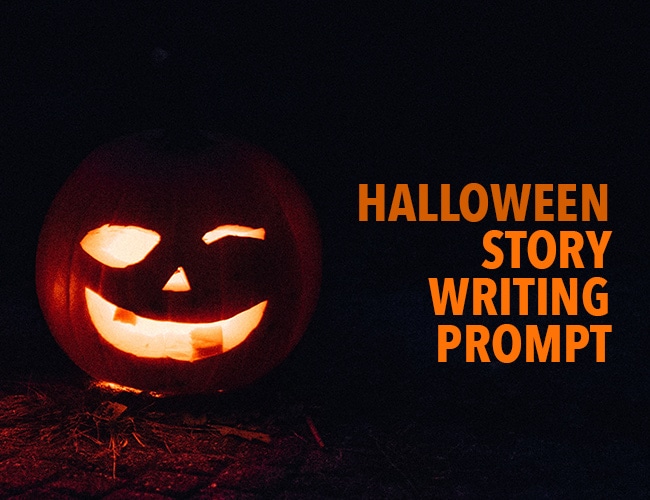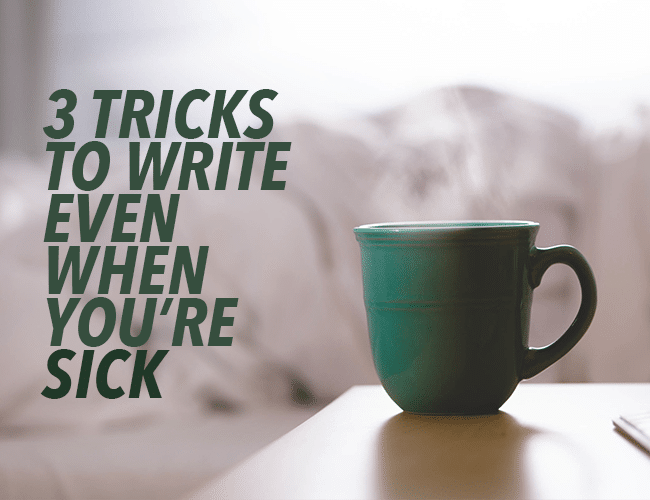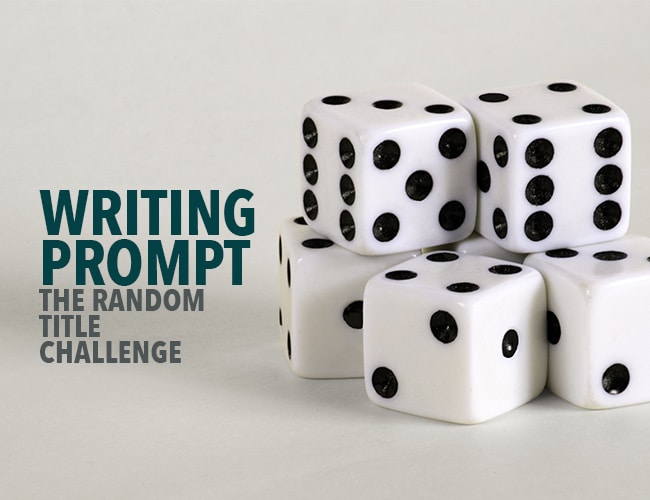
by Sarah Gribble |
Halloween is a time to bring out your spooky side, to get creative, and to eat tons and tons of candy. In other words, Halloween is a time to be a kid again.
In that spirit (see what I did there?), my prompt for you today is a little on the lighter side: write from a child’s point of view.
by Alice Sudlow |
What is a part of speech? In this article, I define the grammatical term, part of speech, list the nine parts of speech, and describe each one using examples. Finally, I give a creative writing exercise to help you cement your knowledge of parts of speech immediately.

by Jeff Elkins |
As writers, we create new realities, which demands we use our experiences to inform our work. A stroll with a friend in a park or a dance in a fountain will translate into chapters.
We don’t just have to grab the good times. We can do this with illness as well. When we are sick, we should try and take a step back and learn about how our characters will feel when they are struck with a disease.

by Sarah Gribble |
Monday was Labor Day here in the States, and it got me thinking of the adage “Don’t wear white after Labor Day.” It’s perfect fodder for a writing prompt. Don’t see it yet? Stick with me.

by Jeff Elkins |
Sometimes the best stories come to us when we are challenged to leave our comfort zone and write something we wouldn’t usually try. In that spirit, to give our writing a boost, let’s make a game out of using a writing prompt.



